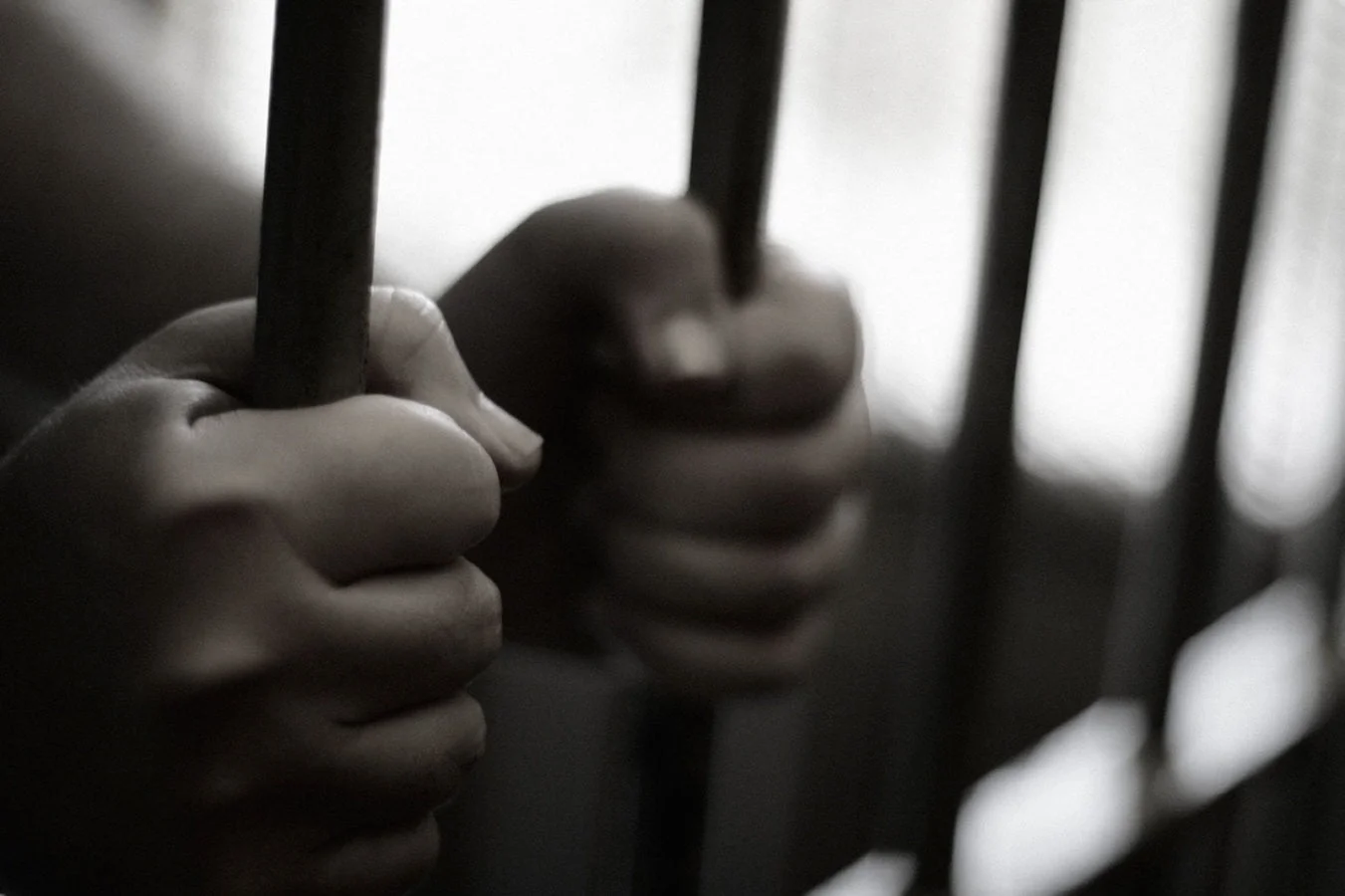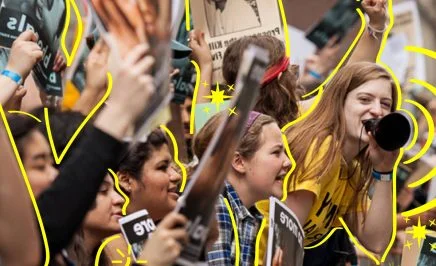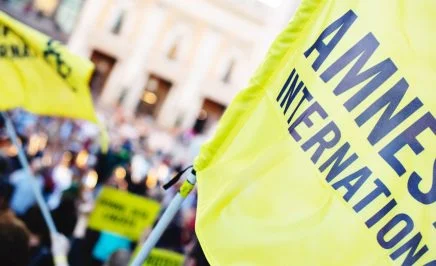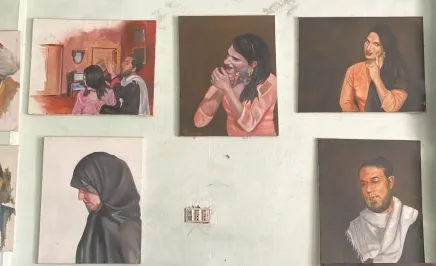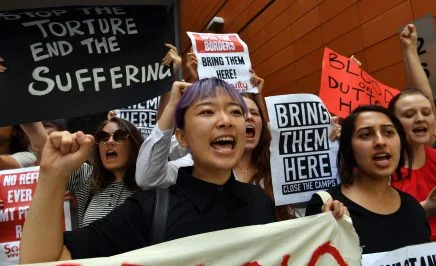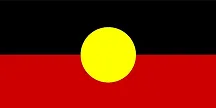Amnesty International Australia strongly condemns the recent introduction of new legislation in the Northern Territory, that grants the Police Commissioner the power to impose three-day snap curfews upon youth. This legislation poses a threat to First Nations children, who already remain disproportionately affected and targeted by systemic injustices.
The conditions in which the curfews are enforced remain undefined. Amnesty International Australia remains deeply concerned about the arbitrary exercise of these new police powers, which will continue the cycle of systemic injustice against First Nations Communities. This cycle not only fails to address the root causes of systemic discrimination against Indigenous youth, but exacerbates them, leading to long-term detrimental outcomes for the young person and their community.
Amnesty Australia is especially concerned about the ramifications of these curfews on those who are impacted by the lack of safe, habitable housing available to them. Amnesty Australia urges the NT Government to consider justice reinvestment initiatives, diversionary programs and community-led safety initiatives as alternatives to punitive measures like snap curfews.
Indigenous Rights Campaigner, Rachael McPhail says, “As Uncle Rodney [Dillon] tells us, ‘investing in alternatives to prison is smart justice’. These programs act as circuit-breakers, diverting young people on to safer pathways, preventing them from unnecessary interaction with the criminal justice system.
“The evidence shows that increasing police powers will only increase the number of First Nations mob being locked up.
Curfews do not work. They just punish kids who don’t have a safe place to sleep, and fail to address long term issues such as poverty and lack of habitable housing.
Rachael McPhail, Indigenous Rights Campaigner
“Justice reinvestment is way more cost-effective for Government and taxpayers. Investing in alternatives to prison will assist in breaking the cycle of targeted systemic injustice, ensuring their futures are not jeopardised by punitive approaches. Elders and community leaders are calling for increased justice investment funding for youth diversion programs, not for police and prisons. This is going down a very slippery slope of reduced agency and civil liberties.”
